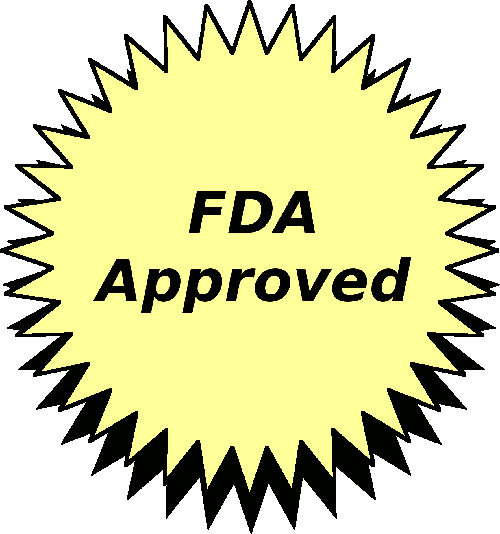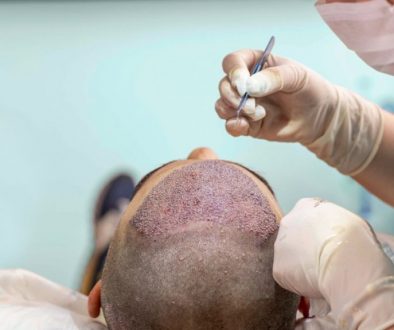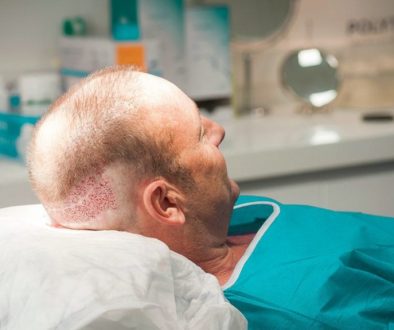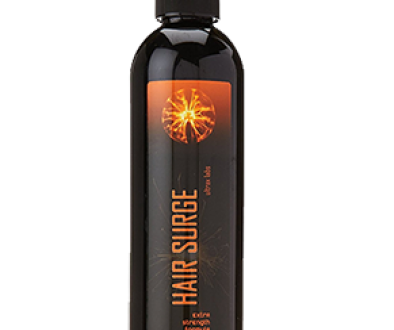Unlock the Secrets of Deceptive Hair Loss Treatment Marketing
 There is nothing like the promise of a hair loss cure that can tap into the emotional insecurities of balding men and women who would do pretty much anything to recover their long lustrous locks. Fancy marketing tactics found on television, the radio, and the internet loudly proclaim “guaranteed results or your money back”. No wonder hair loss sufferers are forking over their hard earned money to try the latest and greatest baldness cure wonder drug. These companies may make good on their promises at refunding your money if a product doesn’t work, but is it worth the price of nonrefundable hair?
There is nothing like the promise of a hair loss cure that can tap into the emotional insecurities of balding men and women who would do pretty much anything to recover their long lustrous locks. Fancy marketing tactics found on television, the radio, and the internet loudly proclaim “guaranteed results or your money back”. No wonder hair loss sufferers are forking over their hard earned money to try the latest and greatest baldness cure wonder drug. These companies may make good on their promises at refunding your money if a product doesn’t work, but is it worth the price of nonrefundable hair?
Below we uncover the secrets of fancy marketing hype that will allow you to evaluate the validity behind many hair loss treatment solutions.
This Product is FDA Approved: Finasteride (found in Propecia and Proscar) and minoxidil (found in Rogaine) are the only 2 hair loss products that have been FDA “approved” to treat baldness. Any other hair loss treatment claiming FDA approval contains one of these two ingredients, most popular of which is minoxidil. In most cases, it is significantly less expensive and more effective to invest in the FDA approved ingredient than a product that includes it.
Money Back Guarantee: Most questionable treatments come with a money back guarantee. Though this might entice your wallet, using an ineffective product will cost your nonrefundable hair. Therefore, we encourage you to research all hair loss products you are considering.
“All Natural” Herbal Treatments: “All-natural” alopecia remedies are enticing to those who are desperately afraid of the possibility of sexual side effects that may accompany Propecia. Though many of these compounds claim to inhibit DHT, clinical evidence of efficacy is practically non-existent or anecdotal at best. You can find detailed reviews of many of these products on our hair loss forum.
Confusing Catch Phrases: Don’t confuse phrases like “promotes healthy hair growth” with more important ones like “hair regrowth” or “new hair growth”. Be sure to analyze every phrase and question its meaning. Many scalp cleansing shampoos will promote a healthy scalp and hair by keeping it clean. Some may even cause the hair follicle to swell with hydration causing it to appear thicker temporarily. But this is not the same as stopping the progression of female or male pattern baldness.
What about Laser Therapy? The Lexington International HairMax laser comb has recently been FDA “cleared” (not approved) and labeled safe based on its “substantial equivalence” to other previously approved laser hair treatment devices. A private study was submitted to the FDA by Lexington on its efficacy however, to what extent the FDA reviewed / considered the study for this clearance is unknown. Because the study was never released to the public, consumers have nothing to base their faith on but their understanding of the FDA clearance process and the promises made by those who sell laser therapy. But be careful. Some who promote laser hair loss products like to overuse the FDA clearance and may go as far as calling it “approved”.
Bill
Associate Publisher
Technorati Tags: hair loss cure, balding, hair loss, baldness cure, hair loss treatment, Finasteride, Proscar, minoxidil, hair loss products, treat baldness, alopecia, Propecia, DHT, hair growth, hair regrowth, male pattern baldness, HairMax laser comb, laser hair treatment, laser therapy



